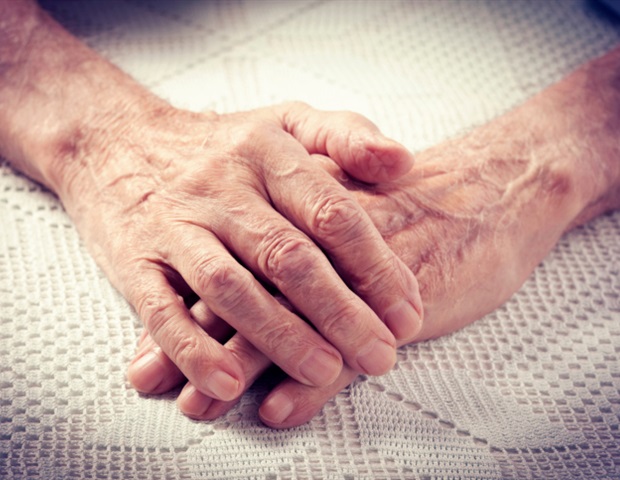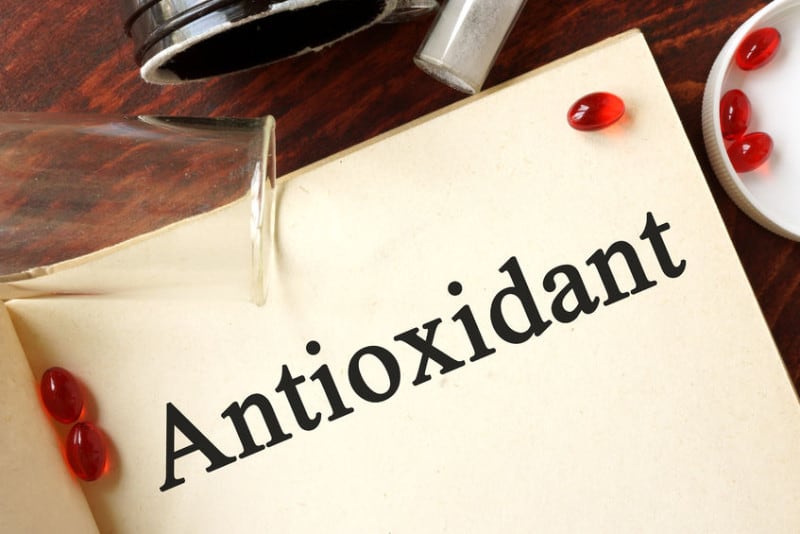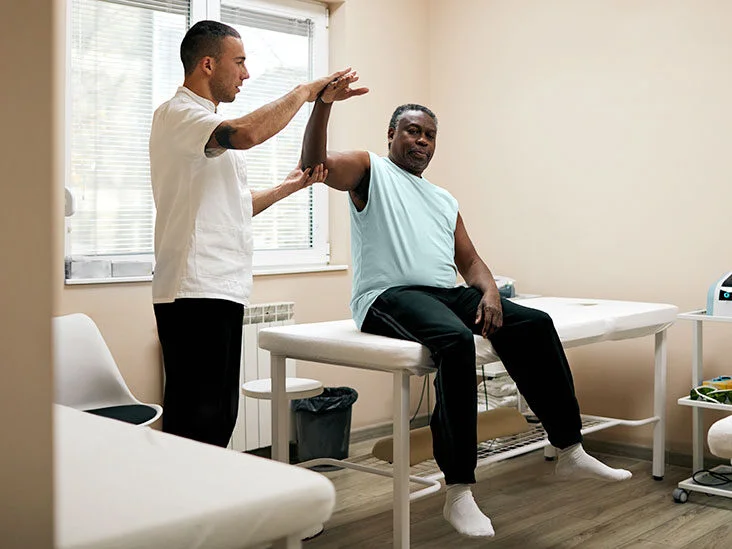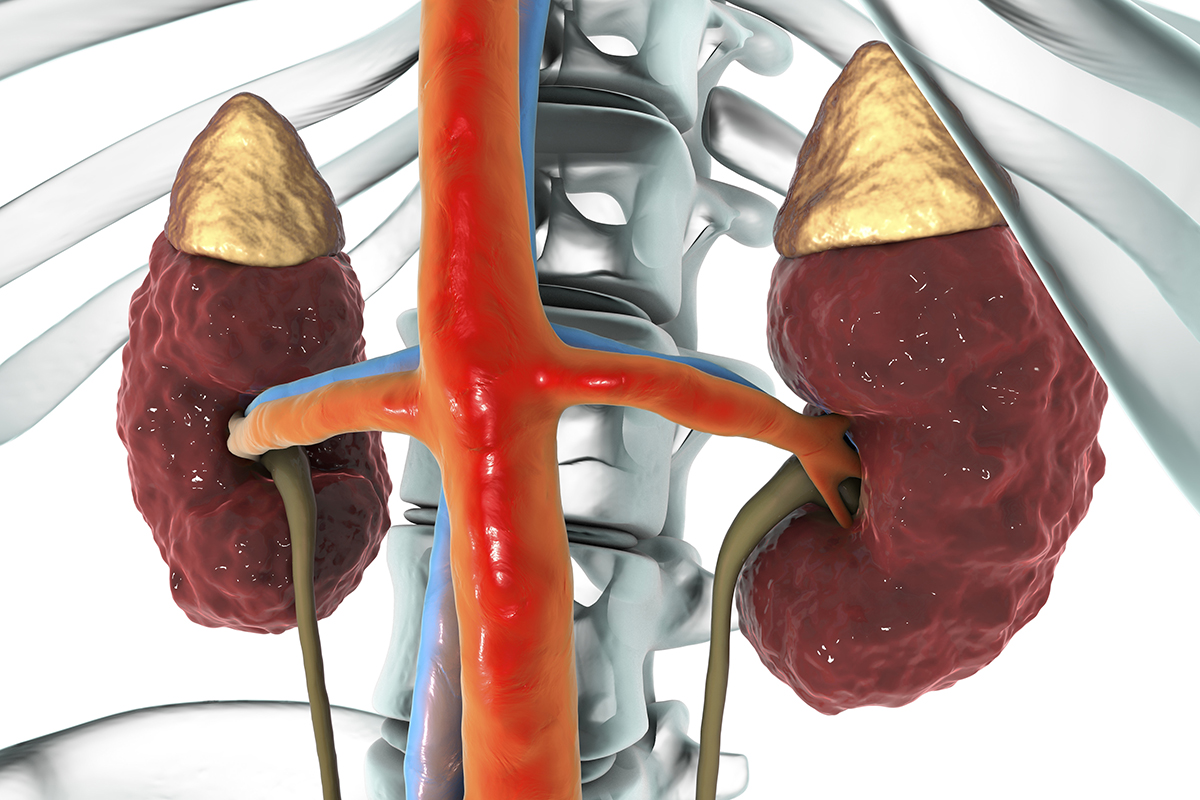
Rheumatism, a general term for conditions that cause joint pain and inflammation, can significantly impact one’s quality of life. Suffering from rhuematism? checkout these solutions.
While there is no cure for rheumatism, there are various methods to alleviate symptoms and improve daily comfort.
In this article, we’ll explore practical approaches and lifestyle changes to help manage rheumatism and promote better joint health.
Suffering From Rhuematism? Checkout These Few Solutions To Get Relieved
Adopt A Healthy Diet
1. Emphasize Anti-Inflammatory Foods
Suffering from rhuematisam? checkout these solutions. Incorporate foods rich in omega-3 fatty acids, such as fatty fish, flaxseeds, and walnuts, to help reduce inflammation and ease joint pain.
2. Load Up On Antioxidants

Consume a variety of colorful fruits and vegetables that are rich in antioxidants, such as berries, spinach, and sweet potatoes, to combat oxidative stress.
3. Limit Processed And Sugary Foods
Reduce your intake of processed foods and sugary beverages, as they can contribute to inflammation and worsen rheumatism symptoms.
Regular Exercise And Physical Therapy
4. Low-Impact Exercises
Engage in low-impact exercises like swimming, cycling, and tai chi to improve joint flexibility and strengthen supporting muscles without putting excessive stress on the joints.
5. Stretching And Range-Of-Motion Exercises

READ ALSO: Discover The Best Foods For Strong And Healthy Kidney
Incorporate daily stretching and range-of-motion exercises to maintain joint mobility and prevent stiffness.
6. Seek Physical Therapy

Consider working with a physical therapist to design a personalized exercise program that targets your specific rheumatism symptoms and limitations.
Manage Stress And Prioritize Sleep
7. Stress Reduction Techniques

Practice relaxation techniques like meditation, deep breathing, or yoga to reduce stress, as stress can exacerbate rheumatism symptoms.
8. Ensure Sufficient Sleep
Prioritize quality sleep and aim for 7-9 hours of restful sleep each night to allow your body to heal and recover.
Heat And Cold Therapy
9. Apply Warm Compresses

Using warm compresses on affected joints can help alleviate stiffness and improve blood flow.
10. Cold Packs For Inflammation
Applying cold packs or ice packs to swollen joints can help reduce inflammation and provide temporary pain relief.
Conclusion: While there is no cure for rheumatism, adopting a healthy lifestyle and implementing effective pain management strategies can significantly improve joint health and overall well-being.
Incorporate anti-inflammatory foods, engage in regular low-impact exercises, manage stress, prioritize sleep, and use heat and cold therapy to alleviate rheumatism symptoms.
Remember to consult with a healthcare professional for personalized guidance and treatment options to effectively manage rheumatism and lead a fulfilling, active life.



